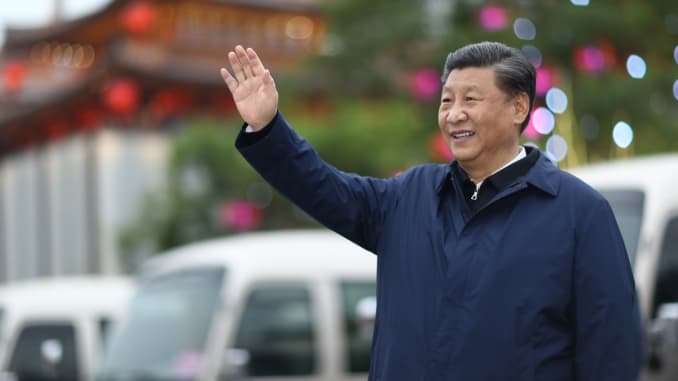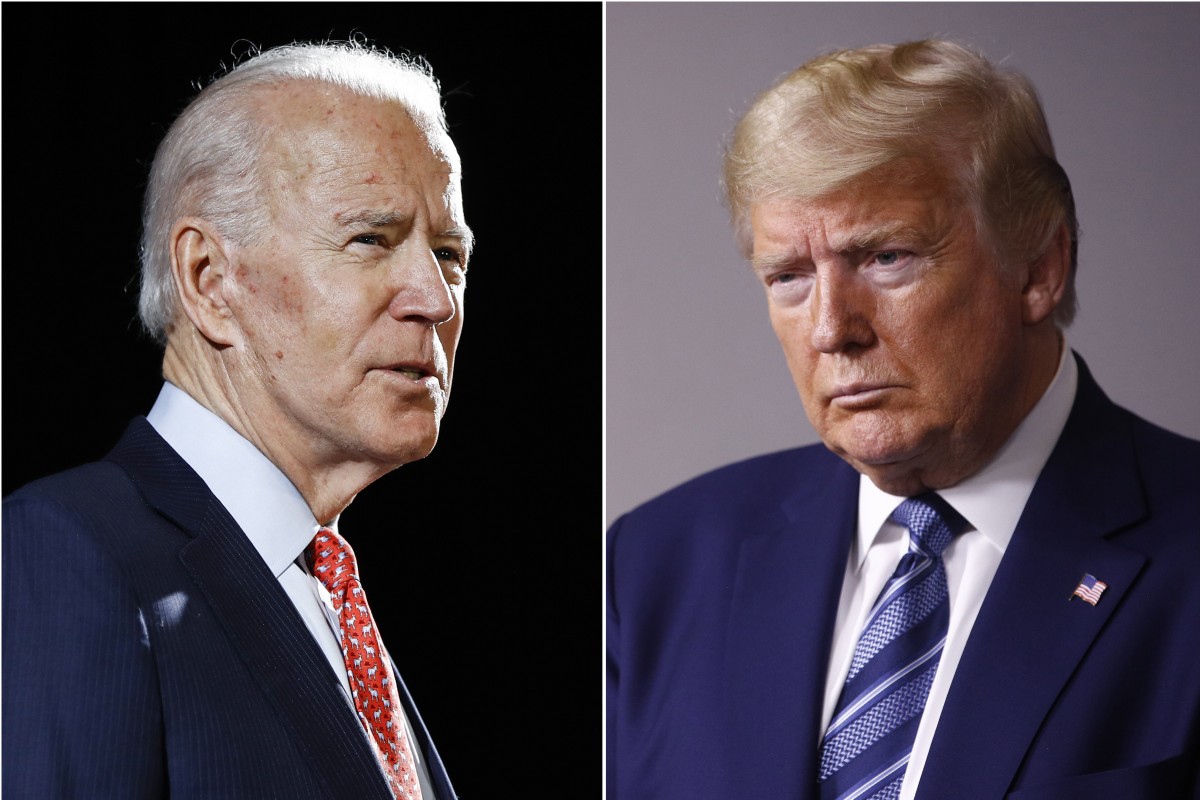
After a three-month Covid-induced break, the United Nations Human Rights Council resumed this month in the unusual setting of the 2,000 capacity Assembly Hall – the largest space in the UN’s Palais des Nations Geneva headquarters, chosen with social distancing in mind.
On the table at the 43rd regular session were discussions ranging from systemic racism in the US, as well as resolutions on the likes of South Sudan, Libya and North Korea.
On the agenda, too, on June 22 was resolution L23 on human rights in Myanmar, calling for “full and unhindered access” to large portions of the country in which human rights violations are ongoing. It also called for the lifting of an internet blackout imposed upon townships in Rakhine and Chin states since June 2019.
Of the Council’s 47 members, 37 voted in favour of adopting the resolution, while two voted against (predictably Rodrigo Duterte’s Philippines and an embattled Venezuela). Among the eight abstentions included a selection of African states with spotty human rights records of their own, serial-abstainer Nepal, Nerandra Modi’s India, and Indonesia, dutifully abiding by ASEAN’s principle of non-interference among member states.
But keeping them in good company was a reticent Japan.
Perhaps surprisingly to the uninitiated, Japan – often regarded as Southeast Asia’s conscientious liberal-democratic counterbalance to unscrupulous and authoritarian China – has a track record of symbolic silence when it comes to human rights abuses in Myanmar.
Despite its self-proclaimed diplomacy based on “fundamental values of freedom, democracy, basic human rights, and the rule of law”, Japan remained comfortably perched on the fence at UN votes on human rights in Myanmar in November, September and March 2019.
Following the September vote, Myanmar expressed their gratitude to Japan for their stance – less commendation and more damning indictment of Tokyo when just four months later Myanmar was ordered to prevent acts of genocide against the Rohingya by the International Court of Justice.
Min Aung Hlaing, a man who stands accused by the UN of presiding over genocide in Myanmar, was welcomed in Tokyo at the invitation of the Japanese Ministry of Defence
But it’s not just support of the passive kind offered.
As the world has cautiously withdrawn funding and support for Myanmar in light of genocide accusations, Japan has continued with a free flow of overseas aid as the largest Asian donor to the country in 2019.
Ichiro Maruyama, Japan’s ambassador to Myanmar, has also on several occasions openly expressed his support to the Myanmar government, saying in December he was “praying” that the ICJ would rule against a genocide in Myanmar and that his government “firmly believes that no genocide was committed in the country”. While in October last year, Tatmadaw commander-in-chief Senior General Min Aung Hlaing, a man who stands accused by the UN of presiding over the aforementioned genocide in the country’s West, was welcomed in Tokyo at the invitation of the Japanese Ministry of Defence, also meeting with Prime Minister Shinzo Abe.
Japan has even aligned on the controversial issue of semantics, refusing to use the term Rohingya at the behest of the Myanmar government, calling them instead ‘Muslims in Rakhine State’.
Japanese private business, too, continues to engage with elements of Myanmar’s ruling elite, with beverage group Kirin Holdings operating a brewery in partnership with the major military conglomerate Myanma Economic Holdings (MEH). It has made repeated claims in recent years that it is “reviewing strategic options” due to the allegations of genocide against its business partner, with ties remaining unsevered.
Across Southeast Asia there are similarly sketchy endorsements made by the Japanese government. In 2018 they backed the Cambodian government with material support in the build up to the 2018 elections, widely condemned as a sham by the international community as the Kingdom’s only viable opposition – the Cambodian National Rescue Party – was dissolved shortly before.
Hun Sen, basking in the glory of the absurdly large margin of victory for his Cambodian People’s Party, received a note from the secretary-general of Japan’s ruling Liberal Democratic Party, Toshihiro Nikai, following the election “heartily congratulating” him on his victory.
A weak approach to calling out human rights abuses in Vietnam, for which Japan is the country’s largest bilateral donor, and turning a blind eye to Rodrigo Duterte’s deadly “war on drugs” in the Philippines (for which he praised Japan as “a friend unlike any other”), combines to form what Human Rights Watch has labelled the country’s “values-free diplomacy” in Southeast Asia.
Japan has offered explanations for their complicity by suggesting engagement is preferable to chastisement in encouraging reforms among the leadership of these nations – on one occasion stating that economic sanctions on Myanmar would only “fuel the situation”.
But in reality, Japan’s brand of ultra-soft diplomacy is more likely motivated by geopolitical and economic considerations, as it attempts to pry the likes of Myanmar and Cambodia away from the clutches of Beijing, who are increasingly reliant on the Asian giant for infrastructure development projects. Indeed, this desire to be the region’s main patron and to compete for influence is evidenced in research published in June last year showing that Japan’s outstanding infrastructure projects in Southeast Asia were valued at $367 billion, with China’s only $255 billion.
So while Japan – riding on its status as among the world’s leading liberal democracies – continues to enjoy less scrutiny than China in its foreign policy dealings in Southeast Asia, its influence upon human rights and democracy in the region remains, in many respects, no less pernicious than Beijing’s.
As Tokyo vies for economic and political influence in Southeast Asia through its pursuit of “values-free diplomacy”, it squanders its capacity to act as a true counterbalance in the region and a force for positive change.






